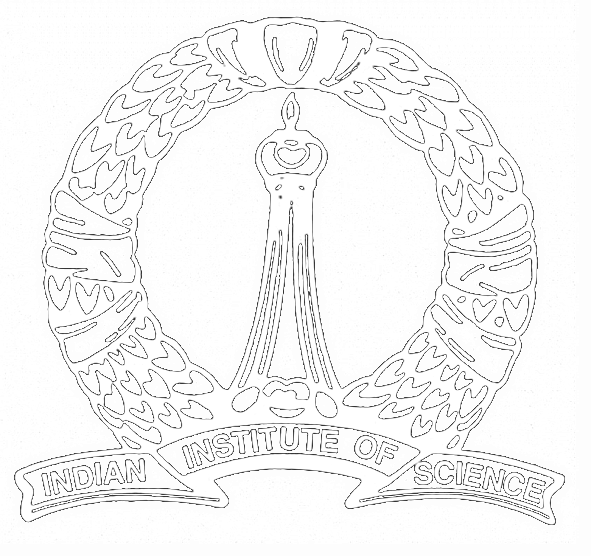APRG Seminar
Title: On the Schwartz correspondence for Gelfand pairs of polynomial growth
Speaker: Francesca Astengo (Universita di Genova, Italy)
Date: 12 May 2021
Time: 4 pm
Venue: Microsoft Teams (online)
A result due to Hulanicki (and refined by Veneruso) states that if $m$ is a Schwartz function on $\mathbb{R}^2$ and $L, T$ are the Heisenberg sublaplacian and the central derivative, then the operator $m(L,i^{-1}T)$ has a Schwartz radial convolution kernel $k$. It is therefore natural to ask whether all Schwartz convolution kernels arise in this way. In collaboration with Bianca Di Blasio and Fulvio Ricci we are considering this kind of problem in the context of Gelfand Pairs of polynomial growth. In this talk I will discuss some old and new results.
- All seminars.
- Seminars for 2021
